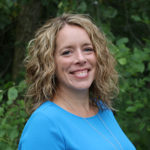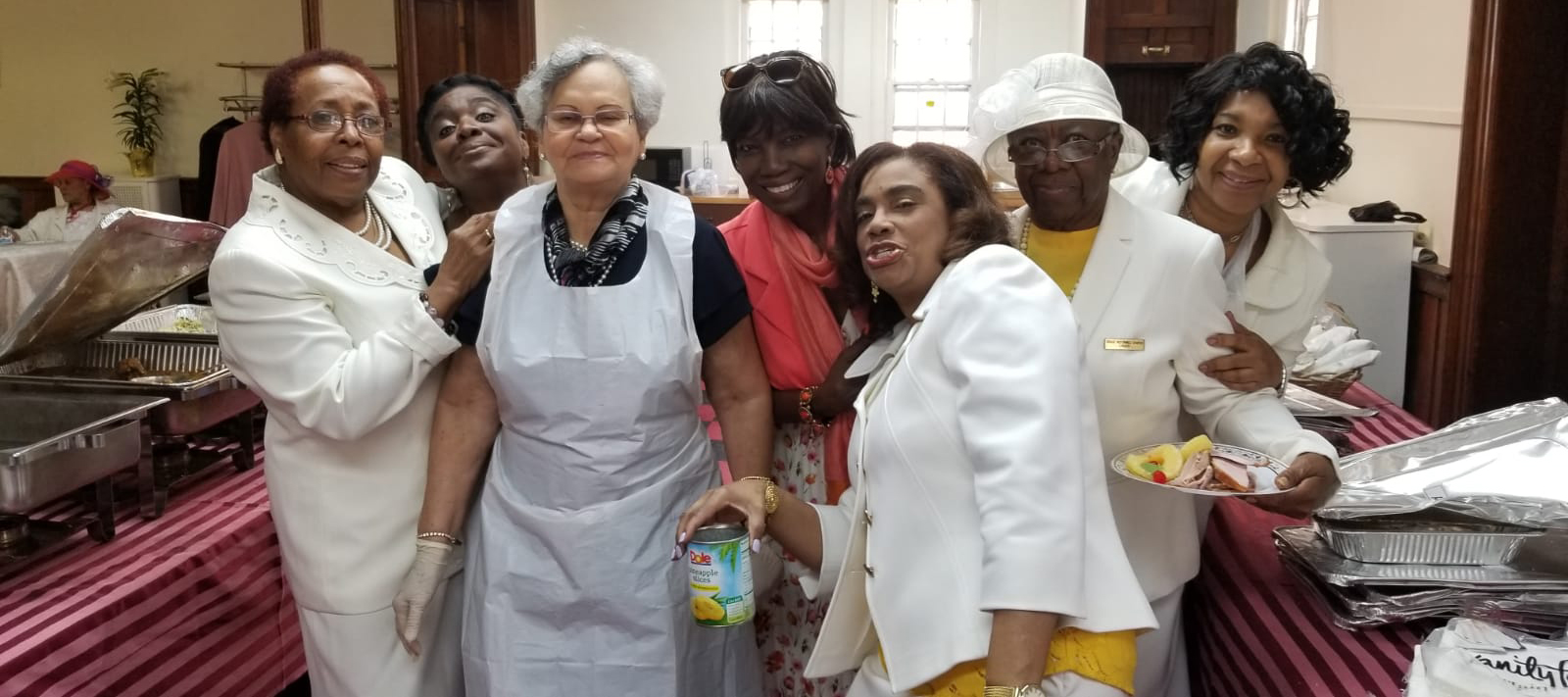M embers of small churches sometimes get discouraged because it seems they don’t have the resources—financial or people—to be as effective as larger congregations. But Earl James, coordinator for the Reformed Church in America’s (RCA) African American Black Council (AABC), believes that doesn’t have to be the case. He is convinced that by looking inward and recognizing a congregation’s gifts, a church can effectively turn outward toward its community in mission.
So, in partnership with the AABC, he launched the Inward/Outward Journey leadership collaborative (Inward/Outward) in April 2019. Over the course of the leadership collaborative, members of seven RCA churches have reflected on the inward strengths and the outward mission of their churches.
“Being part of a small church was not a sentence, but it could be a liberating thing,” says James.
The participating churches are strong in the area of “what we would call discipleship—spiritual growth, energy, commitment, and identifying who you are in Christ and how you operate out of that commitment to your [small church]. That’s the inward,” says James. The outward is taking the inward—what you learn about yourself, your gifts, and your leadership abilities—and putting it to use to make a difference in the community around you.
The Inward/Outward inspiration
The Inward/Outward theme was inspired by Church of the Saviour, a network of churches in the Washington D.C. and Baltimore region, which has a program called Inward Outward Together. These churches focus on identifying the gifts and callings of individuals within the congregation and then partnering with people who share a vision for a related ministry and working to grow those partnerships.
To see the model in action, the leadership collaborative participants spent two days visiting a few of the ministries of Church of the Saviour. These churches ranged in size from eight to fifty members, yet they had a huge presence in their neighborhoods.
One church started a basic care ministry to treat people who were homeless and had chronic illnesses. By partnering with others in the community, the church now has a house where medical staff provide high-level healthcare to the residents. Another church started a ministry to help people find work. That ministry has developed into an agency that helps people find jobs, prepares them for work, and provides ongoing assistance to help them sustain those jobs.
Partnerships are key
The key to successful ministries, the Inward/Outward participants discovered, is to partner with like-minded groups in the community. “Members of a church would have a spiritual calling—part of the inward—and they [seek out] someone in the community to have that vision with them—the outward,” says Alistair Sealy, an elder at Mott Haven Reformed Church in the Bronx, New York, explaining the Inward/Outward model. Partnering with others means you don’t need to have a huge team at the church to get started, and it infuses the ministry with energy.
Seeing models of small churches serving their communities in vibrant ways gave the leadership collaborative participants the encouragement they needed.
“It’s not the size of the congregation,” says Don-Marie Jones, an elder at Grace Reformed Church in Brooklyn, New York. She was encouraged to see examples of individuals, who have a heart for God and want to get involved, joining with the members of the community who want to do a similar service.
Dreaming and leaning on God
Grace Reformed does not have many young people, and Jones’s focus is to reach out to youth in the neighborhood. It has started small, with a youth Sunday where the kids lead the service, and trips to pick apples. Jones also hopes to offer a breakfast, inviting the parents of the youth to come. Because of the learning community, Jones is revitalized in her work: “We have the heart for it. God, in the Bible, says to not despise small beginnings.”
Sealy, too, is eager to spend more time investing in the neighborhood. Mott Haven Reformed already sponsors a classroom at a nearby school and has placed a prayer table in the neighborhood as a place to pray for anyone who asks.
“I am looking forward to cool new partnerships going forward, and new, different, creative ways that we can do ministry in the community,” he says. Some of those partnerships include working with the police to build trust between the police and the community and offering space at the church for community meetings. As a result on the leadership collaborative, the church runs an anger management program for the community. Looking ahead, Sealy wants to start an after-school program in the neighborhood that will offer tutoring.
“The Inward/Outward Journey has really taught me to look from within,” says Jones. She stressed that instead of feeling defeated that only you or you and one other person from your church wants to make change, “you can find that strength … in God.”

Jennifer Knott
Jennifer Knott is a former writer and editor for the Reformed Church in America’s communication team.



